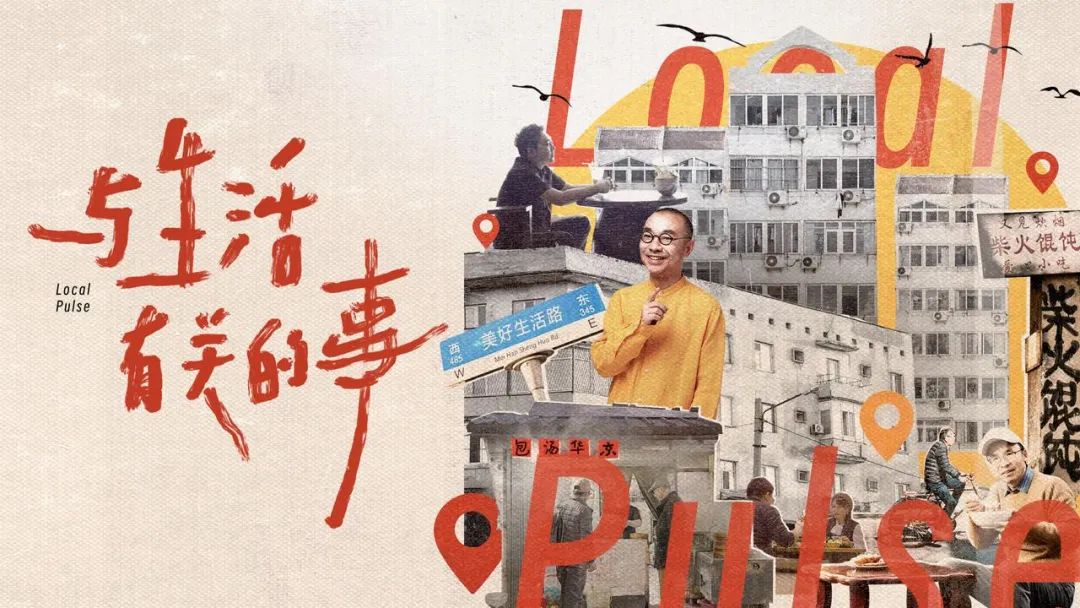
Fireworks in the bones of the documentary program "Things Related to Life" ep01
Tik Tok Life Service produced Figure jointly presented.
There are many key words about the commonness of China people, and "Food is the most important thing for the people" always ranks among the top. Even when we shout "Only food and love can live up to our expectations", "food" even precedes "love".
With the development of the times, shop-visiting people use the lens to show a variety of unique delicacies and lifestyles, soothe people’s hearts, and link foreign land and hometown, present and past, reality and dreams.
"Things Related to Life" was produced by Tik Tok Life Service and jointly presented by Figure. Liu Yiwei, a traditional media person, was invited to pay a return visit to explore the story of a shop-spotter who discovered shops and shopkeepers in a hidden corner of the city, and to show the influence and change of this new professional group on the life in the neighborhood.
Through the wonderful collision of the three, it brings out different life stories and shows the fireworks and warm blood in the world.
In the first episode, Liu Yiwei flashed Nanjing, the ancient capital of the Six Dynasties, looking for "Fireworks in the Bones".
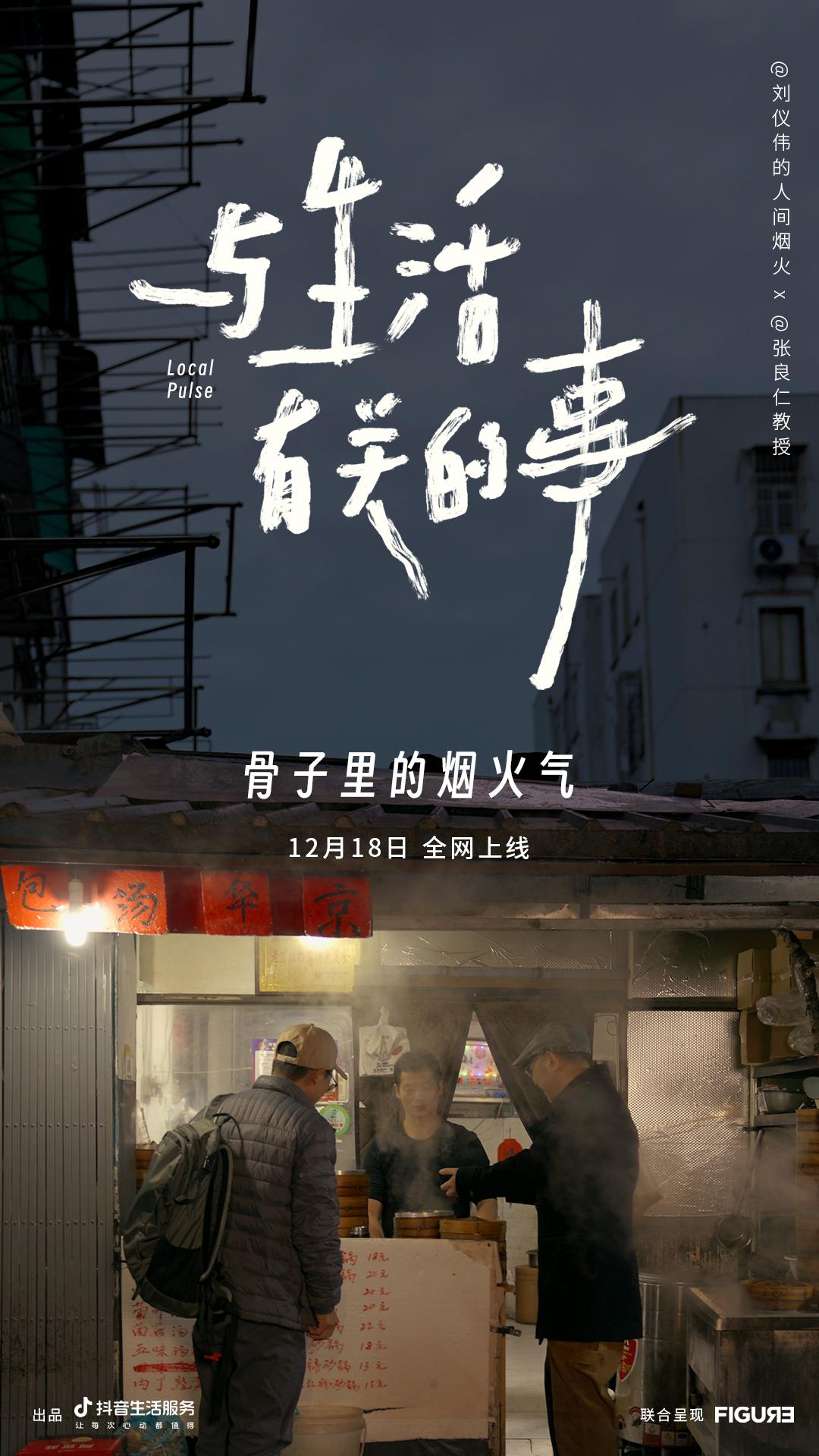
"Lonely Gourmet" more suitable for China baby’s physique "
Who would have thought that, as a former food program "Top Stream", Liu Yiwei and this episode visited the protagonist and the food detective Bo advocated Liangren with a little formality at first sight.
As a "novice" who started publishing short videos in late July this year, Zhang Liangren’s appearance seems to have no connection with the words "gourmet shop": thin figure, gray temples, cap, black half-rimmed glasses and pedant style-if it must be described metaphorically, he is more like the director of the high school guidance office in the stereotype.
Zhang Liangren, 54 years old, is indeed a teacher by profession, and he is not an ordinary teacher. He is a professor and doctoral supervisor in the Department of Archaeology and Cultural Relics of the School of History of Nanjing University. He has been engaged in archaeological study and work for 36 years. He once presided over the excavation of the Heishui National Site in Zhangye, Gansu Province, and now he is presiding over the Sino-Russian and Sino-Iranian cooperative archaeological projects. "Together, the countries visited and excavated can circle the earth."
My previous working life was extremely simple, and Professor Zhang summed it up with these key words: "teaching", "research" and "students". Now, the personal signature he wrote for his short video account @ Professor Zhang Liangren reveals a kind of playfulness that keeps pace with the times: "A food blogger who can’t archaeology is not a good professor."
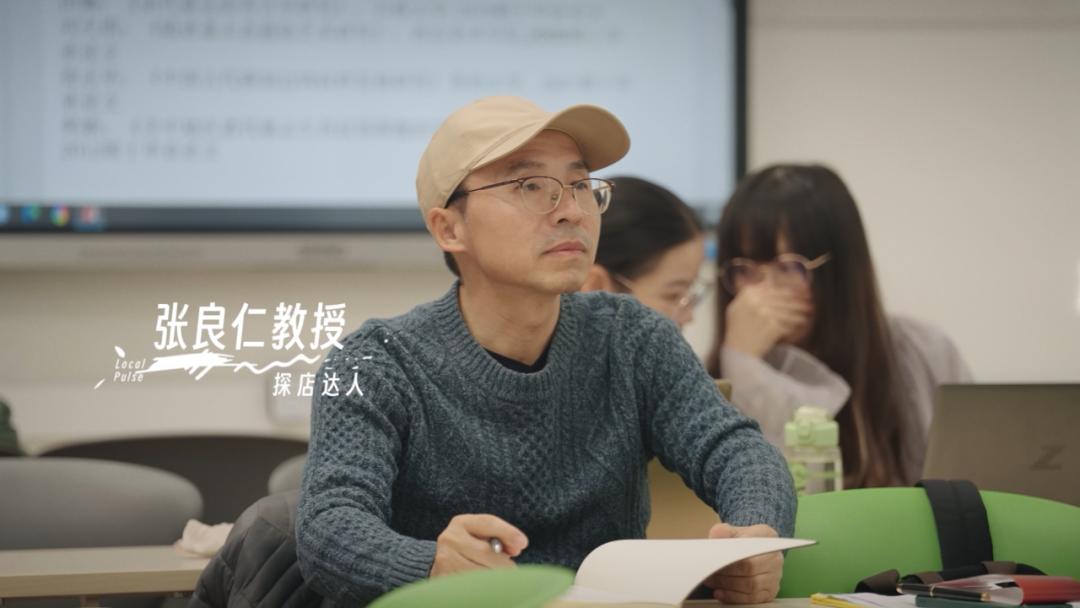
Professor Zhang said with a smile that he is not a foodie. "If I score between 1 and 10, I will give myself 6 points.". However, looking through his short video account, jinghua baozi stuffed bun, boiled chicken, crispy duck with mashed taro, glutinous rice eight-treasure duck, Dongpo meat, duck blood vermicelli, firewood wonton … just look at the title, and all kinds of delicious food will come to my face.
Click on the video, and you will find that "spiritual food" is also extremely rich: try a crispy duck with taro, which is extended to the court menu of Emperor Guangxu; Ordering a cage of soup buns, he can trace the long history of the steamer for nearly 7000 years; Picking up a mouthful of duck blood vermicelli soup, he "regrets" that vermicelli soup has a history of only a few decades, but the conversation turned to prove that "the tradition of eating waterfowl in Jiangsu began 2,500 years ago" with a can of duck eggs unearthed from the mound tomb in Jurong, Jiangsu …
A few years ago, the knowledge of unpopular history, combined with Professor Zhang’s "cooking techniques", became vivid, lovely and more pyrotechnic, and quickly became numerous among young people. It is no wonder that he can be called "Lonely Gourmet" by netizens.
"People are curious and want to know where they come from and where they are going, so everyone likes to go to museums, sites and cultural relics. Archaeology is not only a key to open the historical truth, but also an entrance to explore the development law of human society. Zhang Liangren said, "Through modern food, we can introduce the historical knowledge and archaeological knowledge behind various eating habits and tell what the audience doesn’t know. This is our advantage. Academic problems should be related to the concerns of ordinary people. We are rich in knowledge, but we can’t monopolize it. 」
In fact, a lot of "high-cold" knowledge is not cold, but it is the lack of connection with the general public that makes it "unattainable." Compared with monotonous words and complicated tables, with the help of short video images of life to spread knowledge and spread the seeds of knowledge in the most interesting way, the audience can finally satisfy their wish of "being educated in a generous home" in a lively and relaxed atmosphere through one screen.
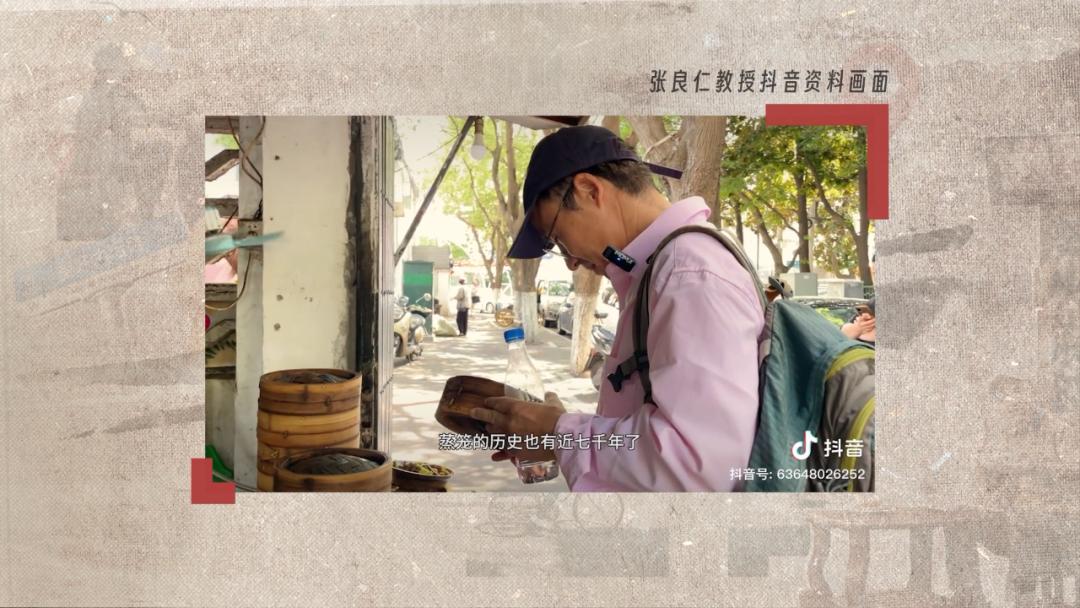
The gold content of knowledge brings great flow.
Professor Zhang made no secret that the idea of making a short video was to spread knowledge to the public on the one hand, and the original intention was to "expand the popularity", let more people know the value of archaeology and support archaeological research in more ways.
He has thought of many ways, but they can’t really solve the problem. Until last year, Zhang Liangren accidentally turned to a monograph "Diet in China Culture" in the 1970s-the editor-in-chief of this book, Professor Zhang Guangzhi, is a famous archaeologist and anthropologist in China and also a mentor of Zhang Liangren’s mentor.
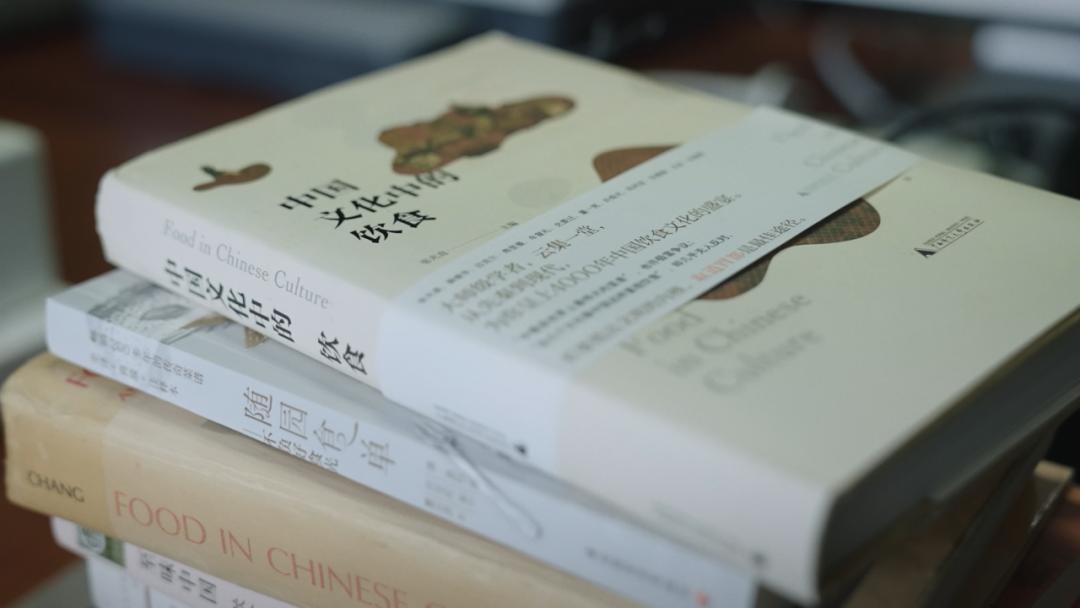
From the pre-Qin Dynasty to the Han, Tang, Yuan, Ming and Qing Dynasties, this book has made a panoramic display and interpretation of China’s food culture: how the characteristics of agricultural society affect the evolution of food in this land, and how Confucian moral concepts and social organization methods determine China people’s cooking and dining habits …
The origin of his legacy has opened a new world for Zhang Liangren: a thousand years can also be seen between a meal and a ladle of drink. Taking food as the starting point, he decided to try to make videos from the media.
"I know archaeology, but I don’t know new media. Writing papers is my job, but I’m not very good at writing scripts, so I’m looking for a professional video creation team to cooperate. Before shooting, the team will first step on the spot, choose the appropriate protagonist-food, and then look for information and write scripts. After the script is written, Professor Zhang will first review the professional historical knowledge involved, and then proceed with the shooting. Finally, the team will edit, modify and polish it later.
Although the image in the video is humorous and friendly, Zhang Liangren waves his hand and laughs at himself. He is an "old pedant". It is a big problem to introduce food to the camera at once.
"How long did you shoot for the first time? "Chat, Liu Yiwei asked curiously.
"The video we shot for the first time has not been sent yet. "Professor Zhang’s partner and head of the video team, Mr. Dai, said," It’s equivalent to a waste. 」
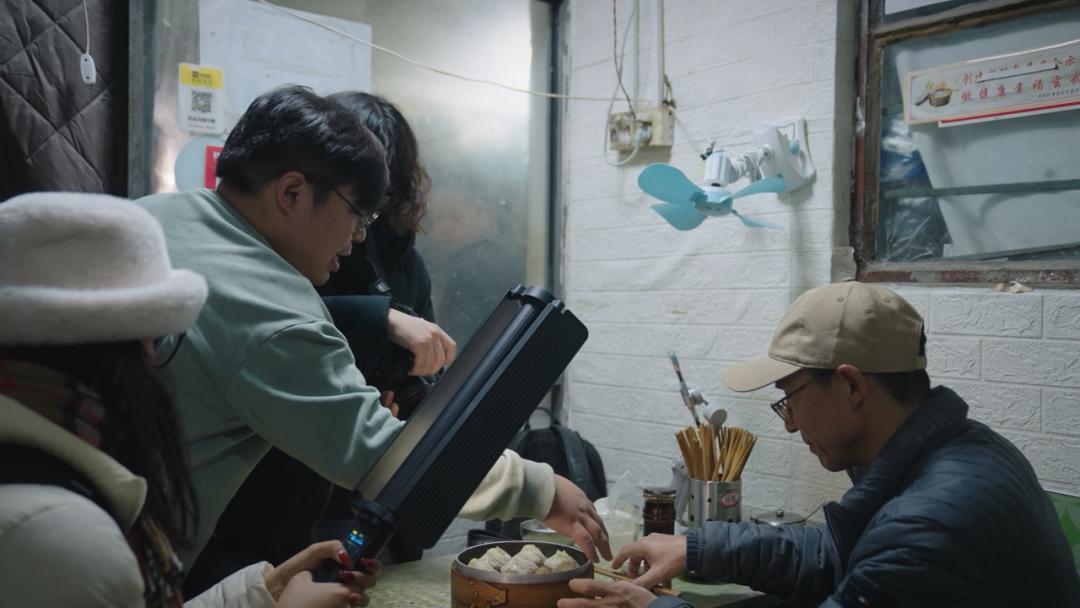
Professor Zhang Liangren visited the video shooting scene of the store.
"In a way, I shouldn’t make videos. Professor Zhang added, "I can’t speak in front of the camera, and my expression is very stiff. So I practiced Putonghua, enunciated words and practiced various skills … It took me two months to get used to it. 」
Nowadays, although he is still a little green and cramped, he can look straight into the camera, clearly tell the history behind the food, and even make some funny expressions and actions to interact with the audience off the screen. "I want to know the preferences of ordinary people, choose how to talk to them, and present the state in front of the camera. This is a huge change for me. Until now, I am still learning. 」
With his "unique skills", Zhang Liangren has gained 76,000 fans and 526,000 likes in just over four months after he entered the short video platform, which is also a minor celebrity in social media.
However, compared with the rapidly increasing traffic figures, what makes him more happy is that more and more questions related to archaeology and history are seen in messages or private letters, "more people are interested in our archaeology"; It is the video of exploring the store that really brings gain to the store.
"It is helpful to the growth of our store’s turnover and popularity. "The boss of the soup dumpling shop where Professor Zhang recorded the video of visiting the shop said in a mouthful of Nanjing Mandarin," After Professor Zhang came, the Internet publicity was too strong. Now is the age of young people, and it will be great if they forward it on their mobile phones. Moreover, the video can continue to spread and accumulate over time. 」
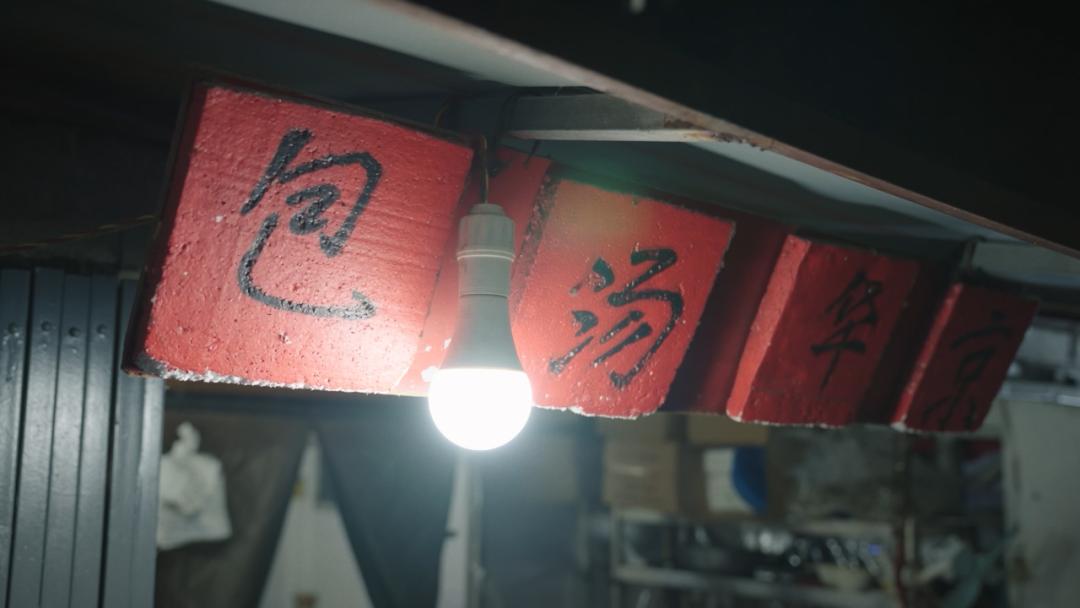
"Where did the fireworks gas come from? 」
"What are the criteria for choosing a topic? "Liu Yiwei has a new question.
The answer given by the team seems quite simple: combining with what Professor Zhang can say, it can be grafted with archaeology. "We hope that the spread of knowledge will sink a little and make knowledge more pyrotechnic."
For China people, delicious food is not only a thing to eat, but also has a soothing effect. "Sometimes, what we eat is not food, but a habit and a kind of homesickness. "Cai Lan once wrote in the article.
Many times, what we remember is a connection, a connection with our family. As a teenage customer in the aforementioned soup bag shop said, "My grandmother used to make soup bags, and since her death, she hasn’t eaten that kind of (taste) … it smells like home here. 」
"In the book, I often talk about the smoke curling up, and that’s fireworks. Professor Zhang added. Walking into the small shops in the city, the favorite places of ordinary people, and the places where they eat and drink in their daily lives, the fireworks are there, and "by the way, they are also responsible for eating it."
China has been an acquaintance society for thousands of years. Once, "We have neighbors, we have relatives and friends, and we walk around and associate with each other", Liu Yiwei lamented, "From the point of view of exploring shops, we want to eat a good food. In the past, we could only ask acquaintances for information, but now we just need to turn on our mobile phones and look at your acquaintances in social media".
When you are in the urban forest made of reinforced concrete, you are overwhelmed by trivial matters and anxious life. Fortunately, people like Professor Zhang Liangren, behind the screen, talk about celebrities, worldly affairs, customs and people’s livelihood with the calmness precipitated by thousands of years of history, and take you back to appreciate the daily beauty of "nearby" life and "pursue your own fireworks".
This is a special gift in the video age.
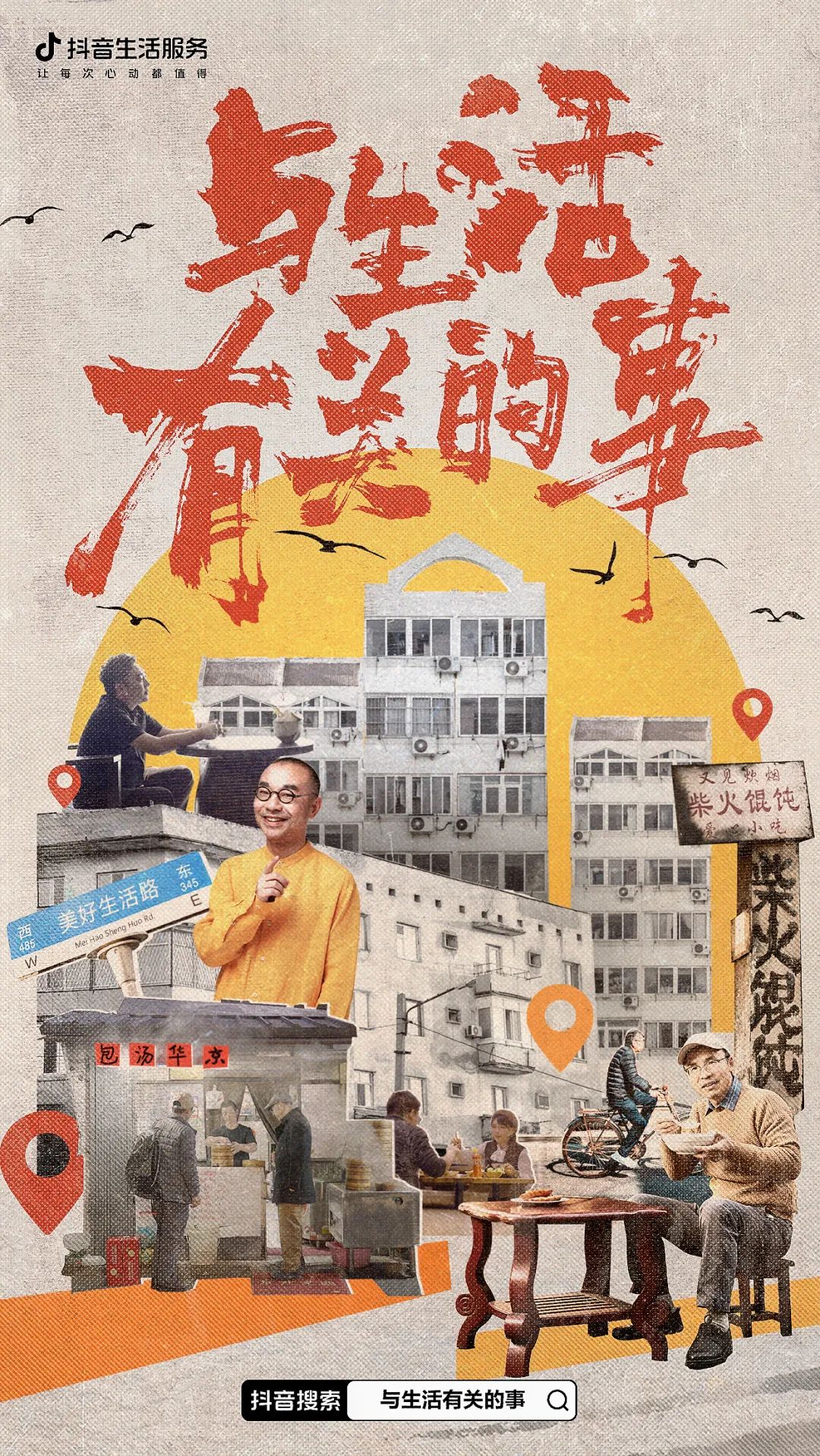
Documentary program "Things Related to Life", produced by Tik Tok Life Service and jointly presented by Figure, has been online since December 18th. From the perspective of Liu Yiwei, a senior food program host, it explores the story that Daren discovered shops and vendors in the hidden corner of the city, and shows the influence and change of this new professional group on "nearby" life. Three different life stories show the fireworks and warm blood in the world.
Director | Wan Xiaozhang
Write a manuscript | fresh in
Editor | Xu Jing
Produced by | |FigureVideo
- END -
? Copyright Figure Studio
All rights reserved, please do not reprint without permission.
Please leave us a message to get content authorization.
Original title: Things Related to Life: Archaeology, Food and Fireworks.
Read the original text